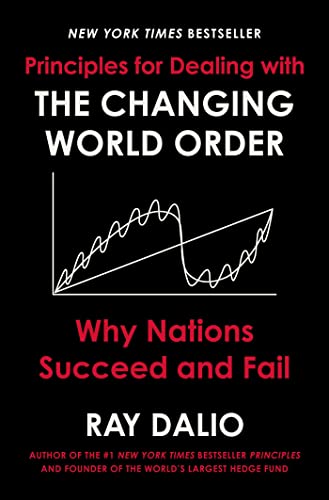
The Money Bubble

Principles for Dealing with the Changing World Order: Why Nations Succeed and Fail
amazon.com
Gold's rise to ever higher prices has coincided with — and some would say, been driven by — a loss of faith in fiat money as doubts have grown about the basic economic competence of the world's most important governments and economic institutions, since the near-catastrophic meltdown of the financial markets in September 2008.
Michael Green • In Gold We Trust? The Future of Money in an Age of Uncertainty (Kindle Single)
An important, but often overlooked, aspect of the Bretton Woods system was that most of the member countries had moved large amounts of their gold reserves to the United States and received dollars in exchange, at a rate of $35 per ounce. The rationale was that the U.S. dollar would be the global currency for trade and central banks would trade thr
... See moreSaifedean Ammous • The Bitcoin Standard: The Decentralized Alternative to Central Banking
Say you are a pension fund that needs an 8% return to meet its liabilities without difficulty. And say that stocks have been inflated to the point that you can in all honesty expect only a 2% return over the long run from here given reasonable assumptions about valuation metrics returning to something sensible at some point. You might be tempted to
... See more